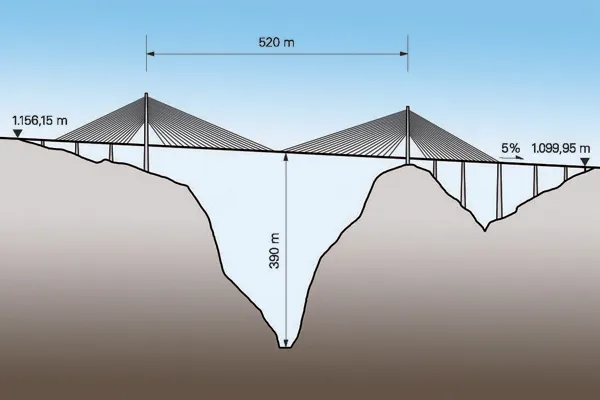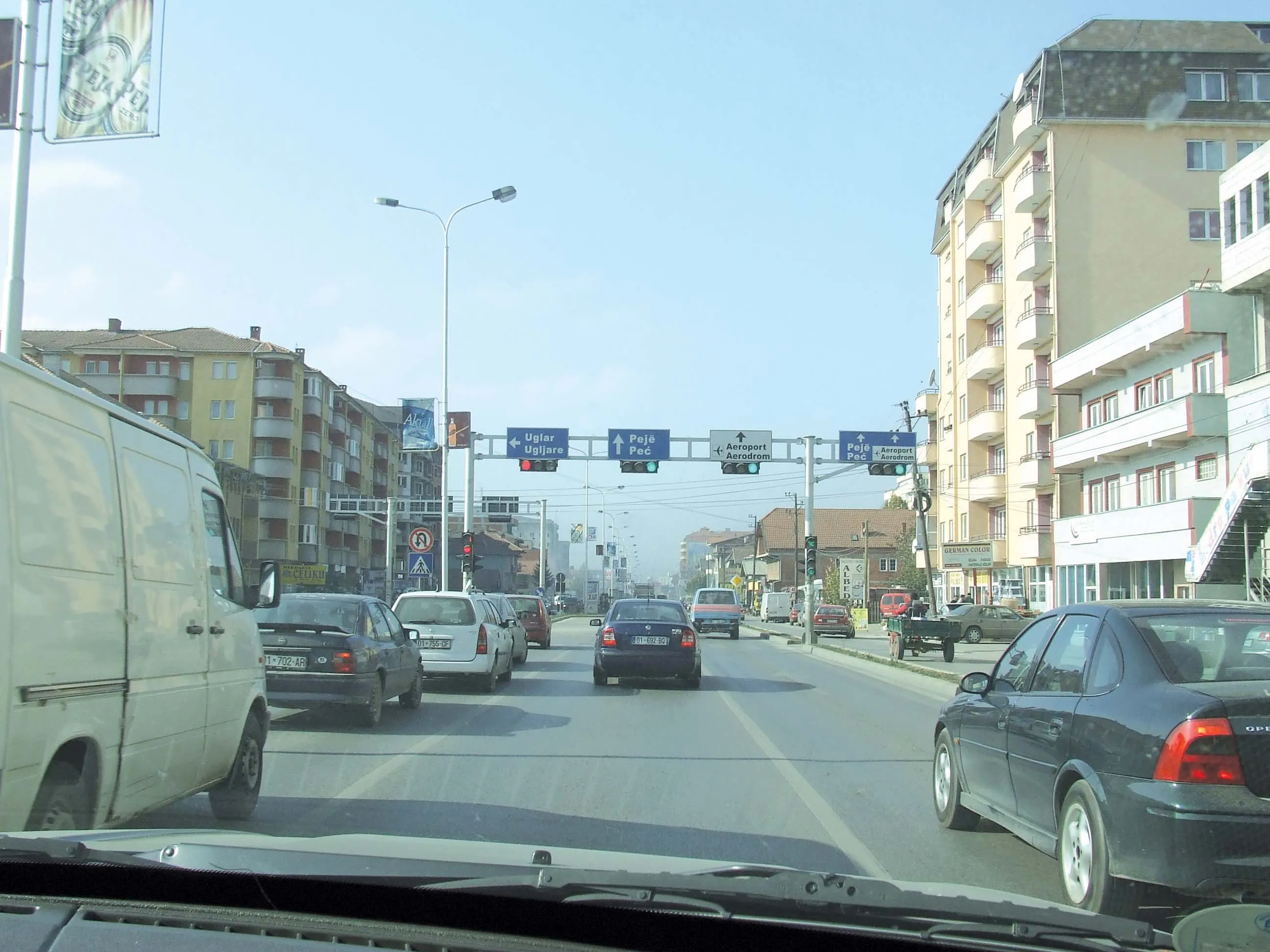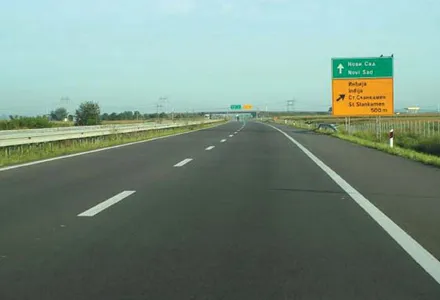In Albania the government is giving its approval for an €80million (US$104.4million) loan being provided by the European Investment Bank (EIB). The project is for the Fier bypass, which forms part of the Tirana–Vlora highway. The project has faced a series of delays since work commenced a number of years ago. However, this new funding will help ensure that the work is completed.
June 25, 2012
Read time: 2 mins
In Albania the government is giving its approval for an €80million (US$104.4million) loan being provided by the 1054 European Investment Bank (EIB). The project is for the Fier bypass, which forms part of the Tirana–Vlora highway. The project has faced a series of delays since work commenced a number of years ago. However, this new funding will help ensure that the work is completed.
Meanwhile, the first ever Albanian Congress on Roads will be held later this year in Tirana. The two-day event hosted by the5319 Albanian Association of Consulting Engineers (AACE) in cooperation with the Albanian Builders Association (SHNSH), Albanian Geo-Technical Association (AAGeo) and the Albanian Association of Geodesy (AAG) is being backed by, among others, the country’s Ministry of Public Works and Transports. Organisers of the Congress say Albania has improved and upgraded road network during the past two decades, mainly through programmes funded by major international funding agencies, the Albanian Government and bi-lateral financing schemes or grants. Now the country, like most others in the region, is said to be working to meet the challenge of developing a road management and maintenance strategy. Intended to be a forum to allow public administration and organisations from different countries, especially from the IRF membership, to exchange ideas on road infrastructure, the 1st Albanian Congress on Roads will be held on September 27th-28th, 2012.
Meanwhile, the first ever Albanian Congress on Roads will be held later this year in Tirana. The two-day event hosted by the









